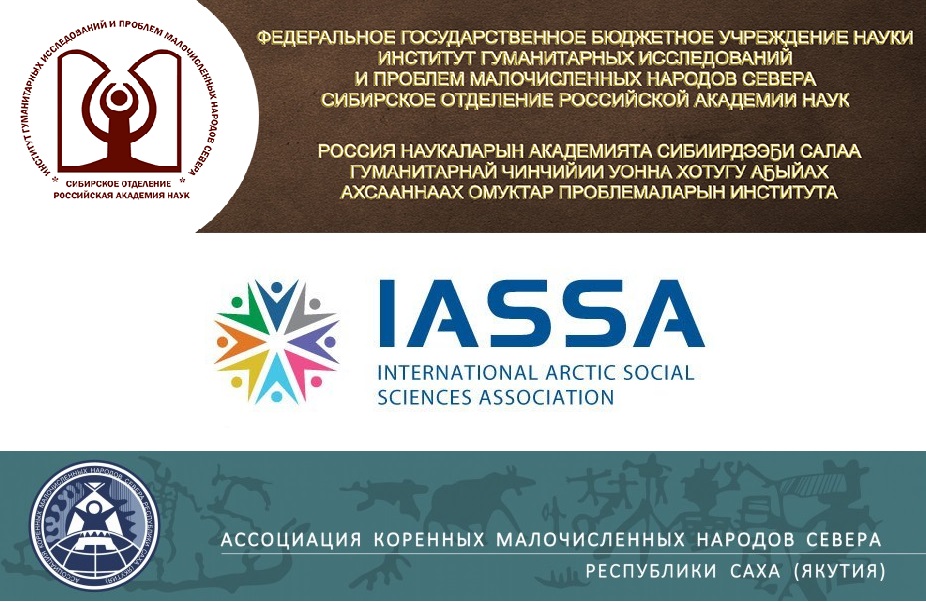
In the frames of the upcoming International Year of Indigenous Languages declared by the United Nations the Institute of Humanitarian Research and Problems of Indigenous Peoples of the North, Russian Academy of Sciences, International Arctic Social Sciences Association (IASSA) and the Association of Indigenous Peoples of the North of Sakha Republic will hold an International Scientific-Practical Conference “Languages of Indigenous Peoples of the North as an Indicator to Sustainable Development in the Arctic” June 27-29, 2019 in Yakutsk, Russia.
This International Scientific-Practical Conference is aimed to unite the efforts of researchers, civil society, practitioners, indigenous communities, and indigenous language speakers to discuss the issues and possibilities of sustainable development of indigenous peoples living in the North and Arctic. The discussion will include the issues related to learning, development and preservation of indigenous languages and cultures in the frames of the diverse approaches of folklore, literature, anthropologic, ethnographic, historic, politic, social, cultural, legislative and economic practices.
While living in the coldest part of our Planet, Indigenous peoples of the North have developed human environments with unique tangible and intangible cultures based on the exceptional ecological and humanistic relationships between humans and environment. Circumpolar civilization is a true treasury of cultures very little known to the international society. Research and representation of the structure of the Northern model presented in the languages, historic and cultural conditions of the formation of circumpolar civilization, and contemporary specifics of the existence in the globalized world will contribute to the maintenance of the cultural heritage and the languages of Indigenous peoples, as well as influence the development of the contemporary cultural processes.
Conference themes cover diverse areas of socio-economic development of Indigenous peoples of the North and Arctic:
- Written languages of Russia: contemporary state and functionality questions;
- Yakut language: contemporary state and new dimensions in the research;
- Languages of Indigenous Peoples of the North and Arctic: issues of interaction and language typology;
- Traditional epistemologies and indigenous languages;
- Indigenous languages in the epoch of globalization: tendencies and perspectives of development, successful and effective practices of indigenous communities in language revitalization and maintenance;
- Literature and folklore as sources of safeguarding and enrichment of indigenous languages;
- Ethnic history of indigenous peoples of the North and Arctic: past, present and future;
- Current issues related to traditional knowledge of Indigenous peoples as the bases of their sustainable development;
- The role of contemporary technologies and mass media in revitalization and development of Indigenous languages.
The program of the conference includes Symposium, exhibitions and presentations of new publications and projects. As part of the Conference the participants are invited to take part in the traditional Yakut celebration “Ysyakh” (the day of meeting summer).
It is expected to publish an electronic peer reviewed collection of papers as one of the results of the Conference upon the selection of the articles made by the organizing committee. Criteria for the article format will be defined in a second information letter.
This conference invites philologists, historians, anthropologists, ethnographers, cultural scientists, philosophers, sociologists, policy scientists, economists, teachers, language speakers and leaders of the indigenous organizations, and graduate students.
Conference working languages: Russian, English.
Conference applications are accepted until March 1, 2019 via E-mail: . fax: (4112) 35-49-96, 36-01-97. In the e-mail subject please put “Conference”. The application should include:
- name of the participant,
- title of the paper,
- organization/place of work
- position
- academic title
- contact phone number
- contact e-mail
Financial support: accommodation and travel expenses are not provided. There is no registration and publication fee.


